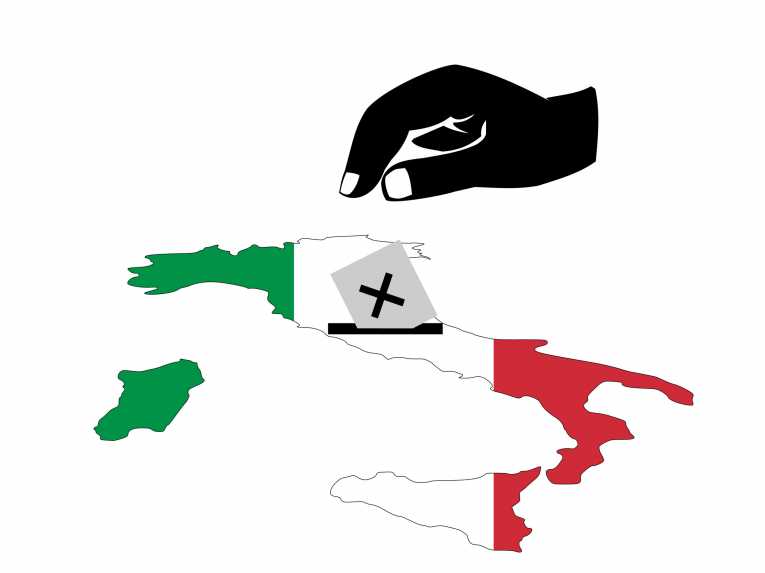Italy goes to polls on June 12-13 in a nationwide referendum on the privatisation of water distribution and the return to nuclear power.
The last question of this referendum is intended to repeal the law on the legal impediment of the President and ministers to appear in the criminal court. This means that Berlusconi, as the Italian Prime minister, along with the Council of Ministers, will have the obligation to face the court as any other Italian citizen.
The reform of the judiciary system in Italy has dominated much of the current political discourse with the remaining two themes, more strictly related to the natural resources and the environment, possibly at risk of being considered less important.
The referendum to introduce nuclear power in Italy comes at a time when the world is still facing a nuclear crisis in Japan. Just recently, Germany Chancellor Angela Merkel announced that all 17 nuclear power plants in Germany will be shut down by 2022. Merkel, who holds a Ph.D. in physics, said industrialized, technologically advanced Japan's ''helplessness'' to Fukushima disaster made her rethink risks associated nuclear power risks.
Italy is the only one of the Group of Eight countries to have abandoned nuclear power, after a 1987 referendum that followed Chernobyl disaster was voted down. Amidst high interest of several energy companies in this emerging nuclear market, the reopening of power plants in Italy has been opposed by most political parties and environmental organisations.
Most of these organisations have sternly proclaimed the need to shift energy generation in Italy to renewable sources.
The privatisation of municipial water management is the next theme being considered during this referendum. Water is considered as a commons in Italy. A recent survey suggests that 74% of the Italians would prefer water management to remain in the hands of public administration. The vast majority (80.7%) indicated that they were happy with the service they are currently receiving.
Yet, the outcome of the referendum is not so certain, especially given that in order to be considered valid public participation must reach the minimum number of 50 per cent + 1 of the Italian votes.










